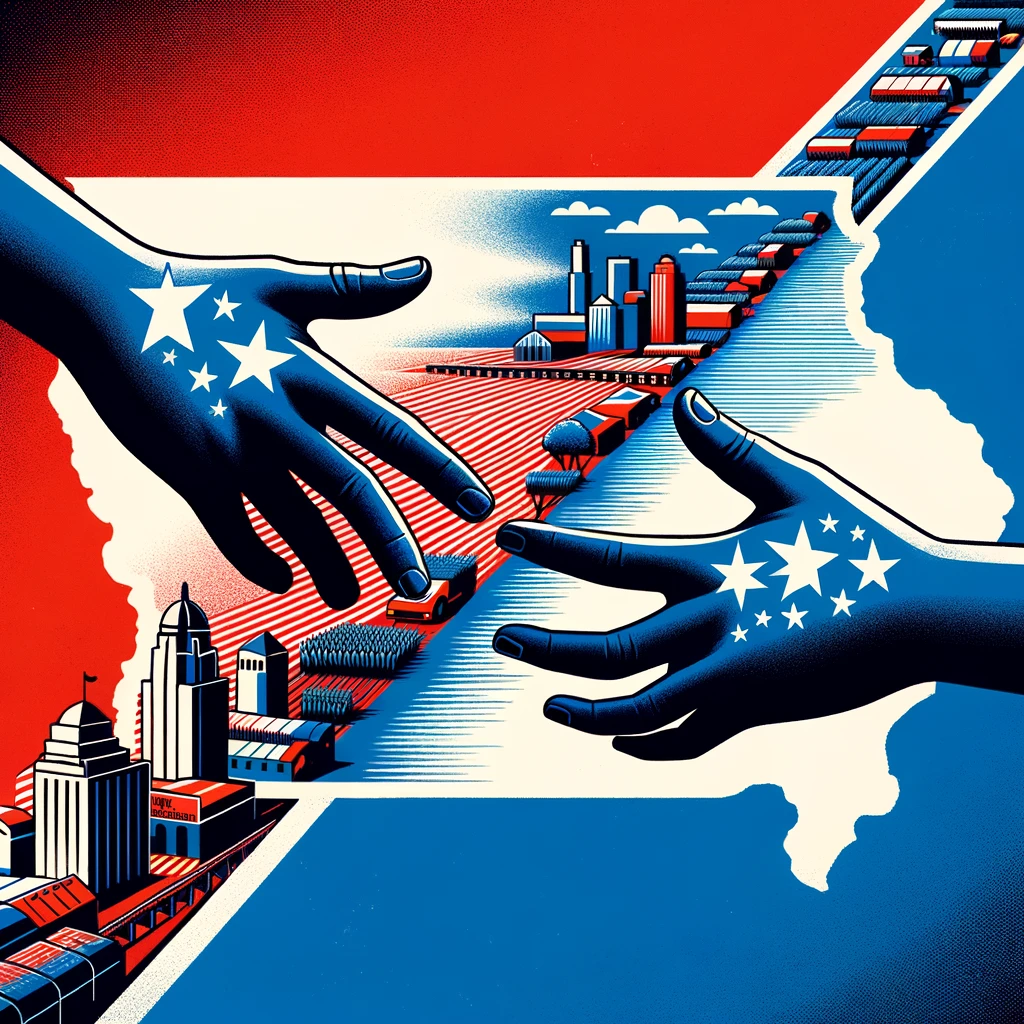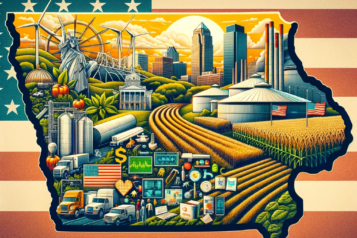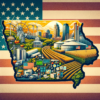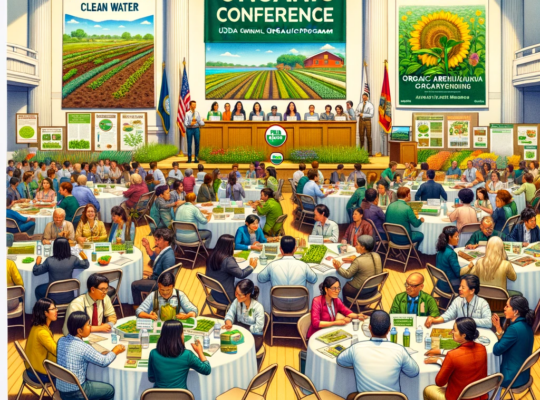In the heartland of America, Iowa, known for its critical role in shaping the presidential primary landscape, is facing a growing challenge that mirrors a national trend: political polarization. Once a state celebrated for its political engagement and informed electorate, Iowa now exemplifies the deepening ideological divides gripping the nation.
The Cornfield Divide
At local diners and county fairs, conversations that once centered around communal issues now often devolve into partisan debates. The polarization is not just evident in political discourse but has begun to affect community relations and local governance.
Echoes of National Discord
Iowa’s polarization reflects the national mood, where bipartisan cooperation has given way to a stark us-versus-them mentality. Issues like healthcare, climate change, and immigration have become litmus tests for loyalty to party ideology rather than topics of nuanced discussion.
Rural vs. Urban Schism
The divide is most palpable between rural and urban communities. Rural Iowans often feel left behind by the economic policies favored in more populous areas, leading to a sense of resentment. Meanwhile, urban centers in Iowa tend to advocate for progressive policies that are sometimes at odds with the conservative values held by many in rural areas.
The Role of Social Media
Social media has exacerbated the divide, creating echo chambers that reinforce existing beliefs. Iowans are increasingly likely to interact only with those who share their political leanings, which has the effect of solidifying and sometimes radicalizing their views.
The Impact on Local Politics
The polarization is affecting Iowa’s local politics, with partisan battles becoming the norm even in nonpartisan city and school board elections. This trend is causing concern among Iowans who fear it could undermine the state’s long-standing tradition of civic cooperation.
Searching for Common Ground
In the midst of this growing divide, there are Iowans from both sides of the aisle working to find common ground. Initiatives aimed at fostering dialogue and understanding between opposing political groups have started to emerge, with some success.
The Way Forward
For a state known for setting the tone for national political conversations, the challenge is clear: Can Iowa lead the way in depolarizing America’s political landscape? The answer may lie in the state’s ability to return to its roots of civil discourse and community-based decision-making.
As the nation watches, Iowa’s journey through this period of intense polarization will be a testament to the state’s resilience and its commitment to bridging the ideological gaps that threaten the fabric of its political and social harmony.














